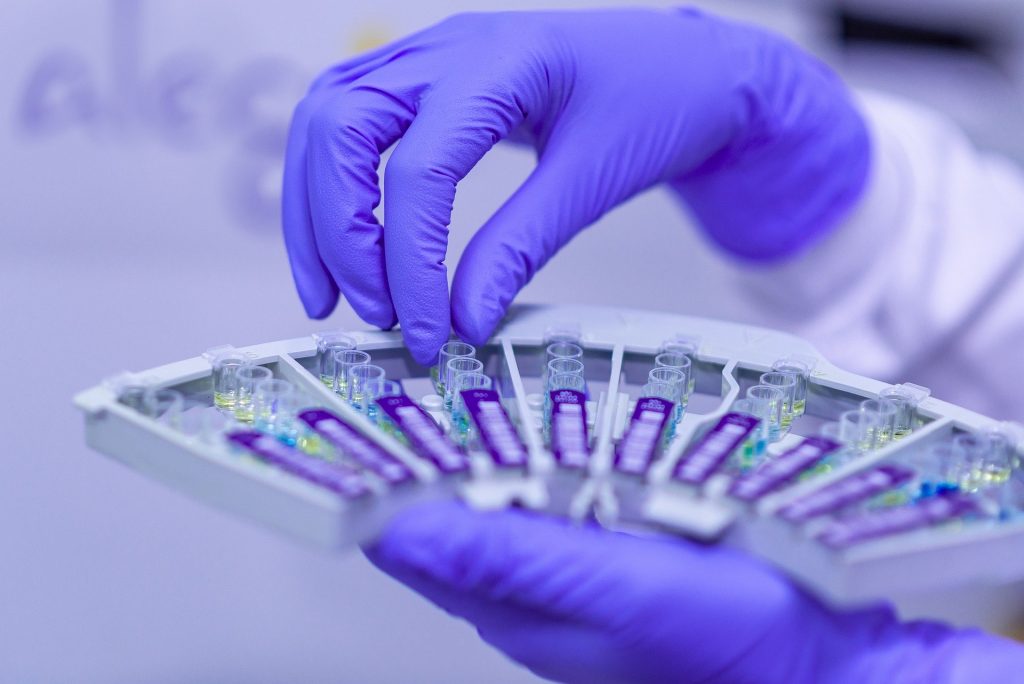From AI and big data in the pharmaceutical industry to 3D printing and artificial organs in the medical field, medical technology is making great strides.
Everyone knows that any medical product design, whether it’s health wearables or something more complicated needs quality product development companies behind them. Testing a possible health-related gadget or product is extremely important and should be put through rigorous testing before the product goes to final production.
With that being said, the products listed below have been put through every test imaginable and are some of the best medical advances in technology to come out of 2019.
3-D Printing
3-D printing is taking the healthcare industry by storm. One of the reasons this is true is that these printers can be used to create implants and joints that can be used during surgery. Prosthetics made using 3-D printers are becoming extremely popular as well. These printers can also be used to print pills that have multiple drugs in them, which in turn helps patients with organization, timing and monitoring the many prescriptions they might normally have to take. 3-D printing is indeed the perfect example of healthcare and technology being able to work well together for the good of the people.
Artificial Organs
At one time the thought of artificial organs lengthening our lives or even existing was the stuff of science fiction novels and movies. No longer! Taking 3D printing to a whole other level is bioprinting. This ground-breaking technology was originally mapped out to help regenerate skin cells for burn victims, but now it has given way to many other exciting possibilities in healthcare. Scientists have been able to create synthetic ovaries, blood vessels, and even a pancreas. There is still a lot of work to be done, but the ability to create an artificial organ that can save and then sustain life would be revolutionary indeed.
Smart Inhalers
Inhalers are used as the main treatment option for those who suffer from asthma. If the inhaler is used the correct way, it can stop an attack 90% of the time. The problem is that only 54% of people using inhalers have their asthma under control and only a very small percentage of patients use the inhaler the proper way.
That’s where smart inhalers come in. Blue-tooth enabled smart inhalers are small devices that can be attached to the inhaler. This device records the date and time of each dose taken and if the dose itself was administered the right way. The data is then sent to the user’s smartphone making it easier for them to control their condition and monitor their inhaler usage.
Health Wearables
The demand for wearable devices has been steadily growing since their invention, and it’s no different for the healthcare field. There are Bluetooth health wearables that can help people monitor conditions such as diabetes and cardiovascular problems, making them easier and safer to manage. These health wearables are going to be the wave of the future in the healthcare field and may save many lives.
Telehealth
The debate over the pros and cons of Telehealth will be waging for many years to come, with experts falling on both sides of the fence. However, in an extremely tech-driven world, many people prefer digitally-led services and the healthcare field is making strides in that department.
Telehealth is a technology that will allow patients to get medical care through their digital devices, instead of having to go in for a face-to-face appointment with their healthcare provider. This is a healthcare advancement that benefits both patients and doctors.
These are just a few of the best healthcare
advancements in tech for 2019 and going into 2020. There are certainly even
better things to come as the years go by and technology continues to advance
and grow.


